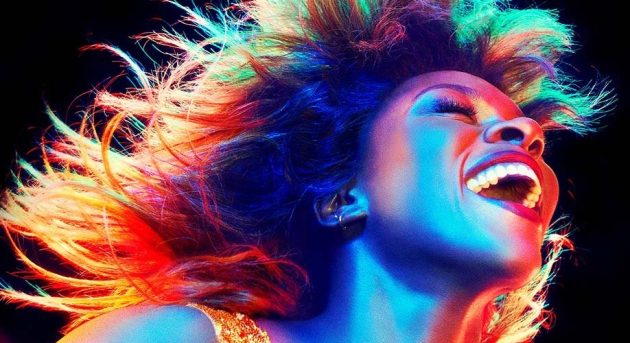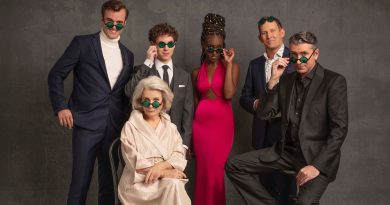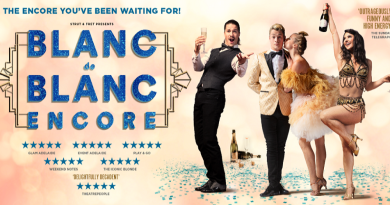Why the entertainment world needs more positive female icons
Throughout history, women in the limelight have always had the power to influence their young female followers. From aping the glamorous profiles of Hollywood stars like Marilyn Monroe and Audrey Hepburn to adopting the rebellious personas of 80s stars like Madonna, wanting to emulate a high-profile role model is human nature. Sometimes female role models, like Malala Yousef, are inspiring and positive. But not always …
In society today, the importance of physical appearance as dictated by the media is, arguably, more persuasive than ever before. On platforms like Instagram, images trump text. Selfie-culture almost forces a scathing critique of your own face and body.
Then along came the pressure-cooker vibe of the lockdowns – and the Zoom Boom phenomenon. Plastic surgeons around the world, including Australia, reported a surge in bookings during the pandemic. This may not be too surprising, given the hours spent looking at your own face on a laptop screen. This pretty much invites self-criticism. Catching yourself at a horrifically unflattering thirty-degree low angle will do that to a person – especially females.
The Australian Financial Review reported that treatments increased by 50% during COVID, with procedures ranging from non-invasive ‘lunch break treatments’ like fillers to more invasive surgeries such as breast implants and nose jobs. Procedures in Australia now outstrip the USA by 40%. Aesthetic enhancement has become normalised. And while men have also caught on to this trend, women still form a disproportionate share of the market.
Young women today face a myriad of potentially harmful influences. Unrealistic beauty standards are accompanied by examples of females who have become famous through negative behaviour and controversies, rather than through talent or positive contributions. Reality TV helps reinforce this trend. At the same time, impressionable females in the entertainment industry still face pressure to conform to sexualised or objectified portrayals, through explicit lyrics and provocative performances that perpetuate stereotypes. And, of course, social media influencers have huge impact: some influencers heavily edit their images, or promote unhealthy diets and potentially harmful fitness regimes – hence, the current epidemic of low self-esteem and dissatisfaction with body image.
Of course, modern young women are not stupid. They’re savvy and well-informed. But cultural influences are incredibly powerful and hard to resist. And this is why we, as a society, are in more dire need of strong female influences than ever before.
Given the recent passing of Tina Turner, it seems fitting that her influence is used as an example. She wasn’t perfect, of course, but her legacy is a one that highlights female strength, talent and resilience.
Female icons, like Turner, challenge traditional gender expectations and defy societal norms. They demonstrate that women can be powerful, influential and successful in their chosen field, regardless of their age or background. Turner, for example, emerged as a dominant force in the male-dominated rock music industry, holding her own against the likes of Mick Jagger and David Bowie. In 1987, at the age of 47, she told Swedish TV host Jacob Dahlin:
Why didn’t I stop? Because I hadn’t gotten what I wanted
Turner embodied the idea that with determination, talent, and hard work it is possible to overcome obstacles and achieve greatness. Her journey from a difficult personal life to legendary status is testament to her resilience – and a source of empowerment for many.
Importantly, the star’s enduring success has contributed to a more diverse and inclusive society. Her achievements as an African-American woman challenged barriers and helped pave the way for future generations of artists, including the mega-famous Beyoncé. And her visibility had impact that transcended her music: her style, powerful voice. and energetic performances left an indelible mark on the entertainment world and the wider cultural landscape.
Good female role models will often take on the role of advocates for social change, Turner, for example, was very vocal about her experiences with domestic abuse and became a mouthpiece for survivors, helping break the stigma and silence surrounding such issues.
So, beyond the sexy image and skimpy outfits, Turner was no stereotype. She utilised her talents, galvanised her ambition, and harnessed agency over her own destiny.
Luckily, Australia is not without similar female icons: stars like Rebel Wilson, known for her unique comedic style, have broken Hollywood stereotypes regarding body acceptance and positivity. Likewise, respected actor Cate Blanchett has become recognised not only as an accomplished thespian but for her advocacy work in gender inequality and environmental causes.
While such role models exist, young women have the option to reject the fiction of Instagram and suchlike, and create their own story.




